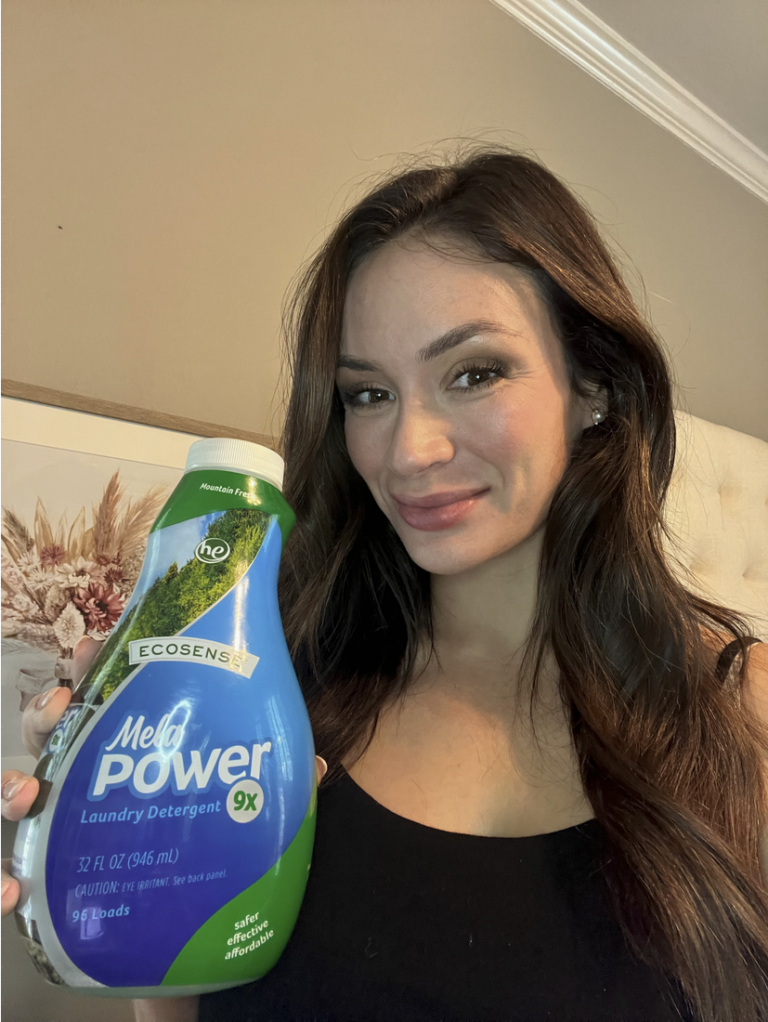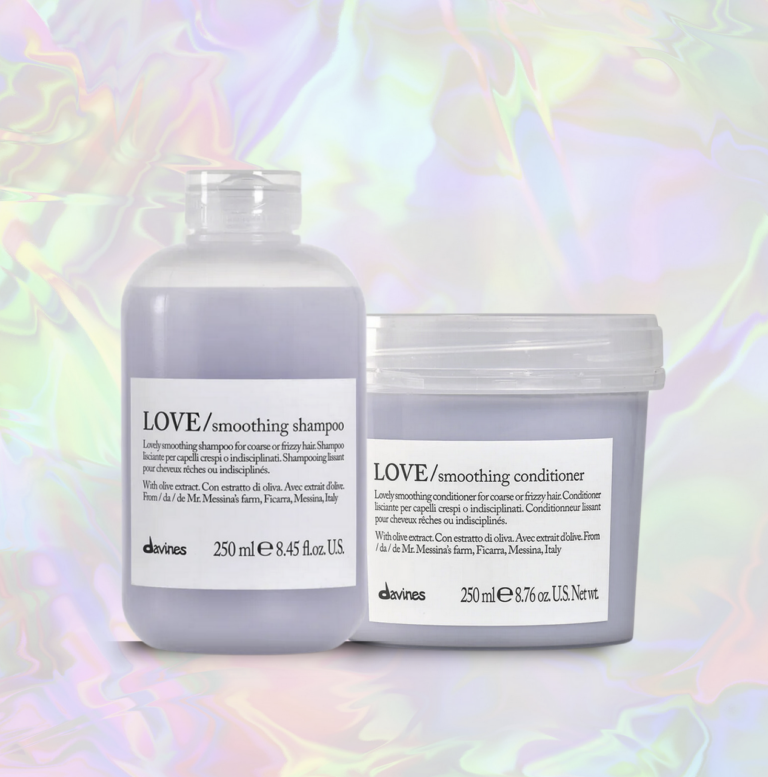Vitamin E: Preventing the Oxidation of Vitamins A and C
Vitamins are essential to our health, playing vital roles in numerous bodily functions. Among them, vitamins A, C, and E are renowned for their antioxidant properties, skin health benefits, and immune system support. However, these vitamins are prone to oxidation, which can diminish their effectiveness. Enter Vitamin E, a powerful antioxidant that not only offers its own array of health benefits but also protects vitamins A and C from oxidation, ensuring you reap their full benefits. Here’s a closer look at how Vitamin E helps in preventing the oxidation of vitamins A and C.
Oxidation and Its Impact on Vitamins
Oxidation occurs when molecules lose electrons, often due to oxygen, light, or heat exposure. This process can lead to the degradation of vitamins, reducing their potency and effectiveness. Vitamins A and C are highly susceptible to oxidation, translating to diminished benefits for skin health, immune support, and overall well-being.
The Role of Vitamin E as an Antioxidant
Vitamin E is a fat-soluble antioxidant that protects cell membranes from oxidative damage. It works by donating an electron to free radicals (unstable molecules that cause oxidation), stabilizing them and preventing them from causing further harm. This protective function extends to other vitamins, particularly vitamins A and C.
How Vitamin E Prevents the Oxidation of Vitamins A and C
Stabilizing Vitamin A
Vitamin A is crucial for vision, immune function, and skin health. However, it is highly sensitive to oxidation, which can render it ineffective. Vitamin E helps stabilize vitamin A by neutralizing free radicals that might otherwise oxidize and degrade it. This protective action ensures that vitamin A retains its potency and continues providing essential benefits.
Enhancing the Effectiveness of Vitamin C
Vitamin C is a powerful antioxidant known for its role in collagen synthesis, immune support, and skin protection. It is also water-soluble, making it more vulnerable to oxidative damage. Vitamin E helps shield vitamin C from oxidative stress, maintaining its effectiveness. Additionally, vitamin E can regenerate oxidized vitamin C, restoring its antioxidant capacity and ensuring continuous protection against free radicals.
Sources of Vitamin E
To harness the protective benefits of vitamin E, it’s essential to include it in your diet. Here are some excellent sources of vitamin E:
-Nuts and Seeds: Almonds, sunflower seeds, and hazelnuts
-Vegetable Oils: Sunflower oil, safflower oil, and wheat germ oil
– Green Leafy Vegetables: Spinach, Swiss chard, and broccoli
– Fruits: Avocado and kiwi
Conclusion
Vitamin E plays a crucial role in maintaining the stability and effectiveness of vitamins A and C by preventing their oxidation. By protecting these vitamins from oxidative damage, vitamin E ensures that you can enjoy their full range of benefits, from healthy skin and vision to a robust immune system.
Incorporating vitamin E-rich foods into your diet and adequate intake of vitamins A and C creates a powerful antioxidant synergy that supports overall health and well-being. Embrace the power of vitamin E and let it safeguard the essential vitamins that keep your body functioning at its best.
Herrera, E., & Barbas, C. (2001). Vitamin E: action, metabolism and perspectives. Journal of Physiology and Biochemistry, 57(1), 43–56. https://doi.org/10.1007/bf03179812
Galli, F., Azzi, A., Birringer, M., Cook-Mills, J. M., Eggersdorfer, M., Frank, J., Cruciani, G., Lorkowski, S., & Kartal Özer, N. (2016). Vitamin E: Emerging aspects and new directions. Free Radical Biology and Medicine, 102, 16-36. https://doi.org/10.1016/j.freeradbiomed.2016.09.017







